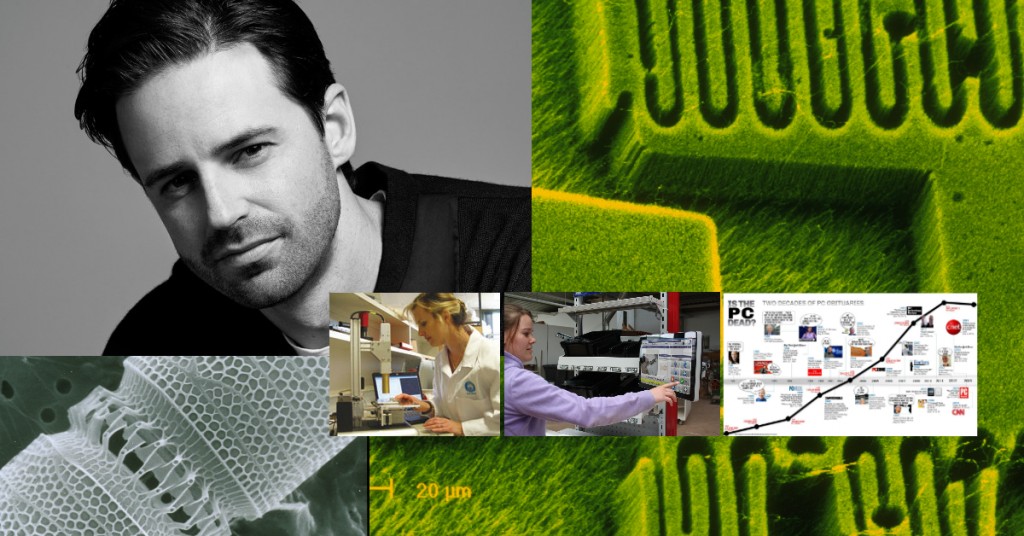Research Innovation & Impact: A New Path from CSIRO
The 2015 Cummins Oration
Associate Professor Matthew Hill
Team Leader, Integrated Nanoporous Materials, CSIRO
2014 Physical Scientist of the Year, Prime Minister’s Prize for Science
Whilst Australia has a proud history of high quality scientific research, ranking top ten for research output, the nation’s success in translating these breakthroughs into tangible outcomes is less rosy. In fact, Australia ranks 81st for innovation efficiency, compared to Germany at 19 or the UK at 29. Just 4% of Australian companies consume research and development, compared to 40% in Germany.
Join the 2014 Malcolm McIntosh Prize winner for Physical Scientist of the Year, Dr Matthew Hill, who will explore the path to impact of a new research concept, and highlight the new approaches being adopted by the CSIRO, Australia’s Innovation Catalyst.
About the Speaker
Dr Matthew Hill has developed a platform technology position in a group of materials known as Metal Organic Frameworks (MOFs). These materials, made up by joining metal atoms to one another with organic linkers to form an array similar to a building scaffold, are the world’s most porous materials – they are almost entirely made of holes. One teaspoon of a MOF may have as much surface area as an entire football field hidden inside it.
Like a sponge, the pore surfaces can store and release substances on demand, such as fertilisers or fuels, or, like a sieve, the pore sizes can be used to separate one thing from another, such as natural gas from impurities or carbon dioxide from an exhaust stream.
The theme of Dr Hill’s work has been to promote maintaining our current lifestyles but reducing our footprint by becoming more efficient. For his work on the development of metal–organic frameworks for practical industrial application, Dr Matthew Hill, Australian Research Council Future Fellow and leader of the Integrated Nanoporous Materials team at the CSIRO, has been awarded the Prime Minister’s Prize for Science – 2014 Malcolm McIntosh Prize for Physical Scientist of the Year.






